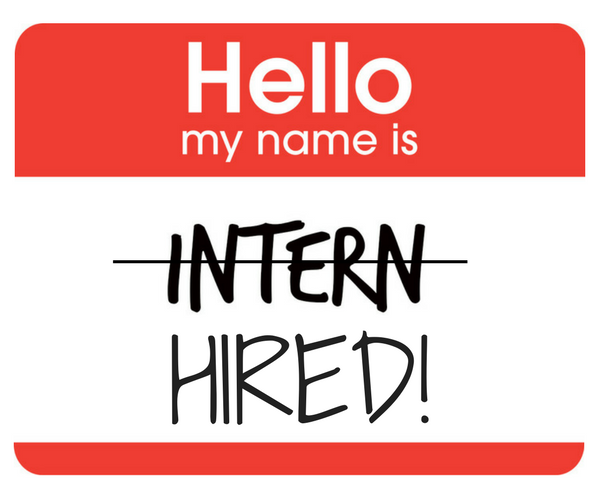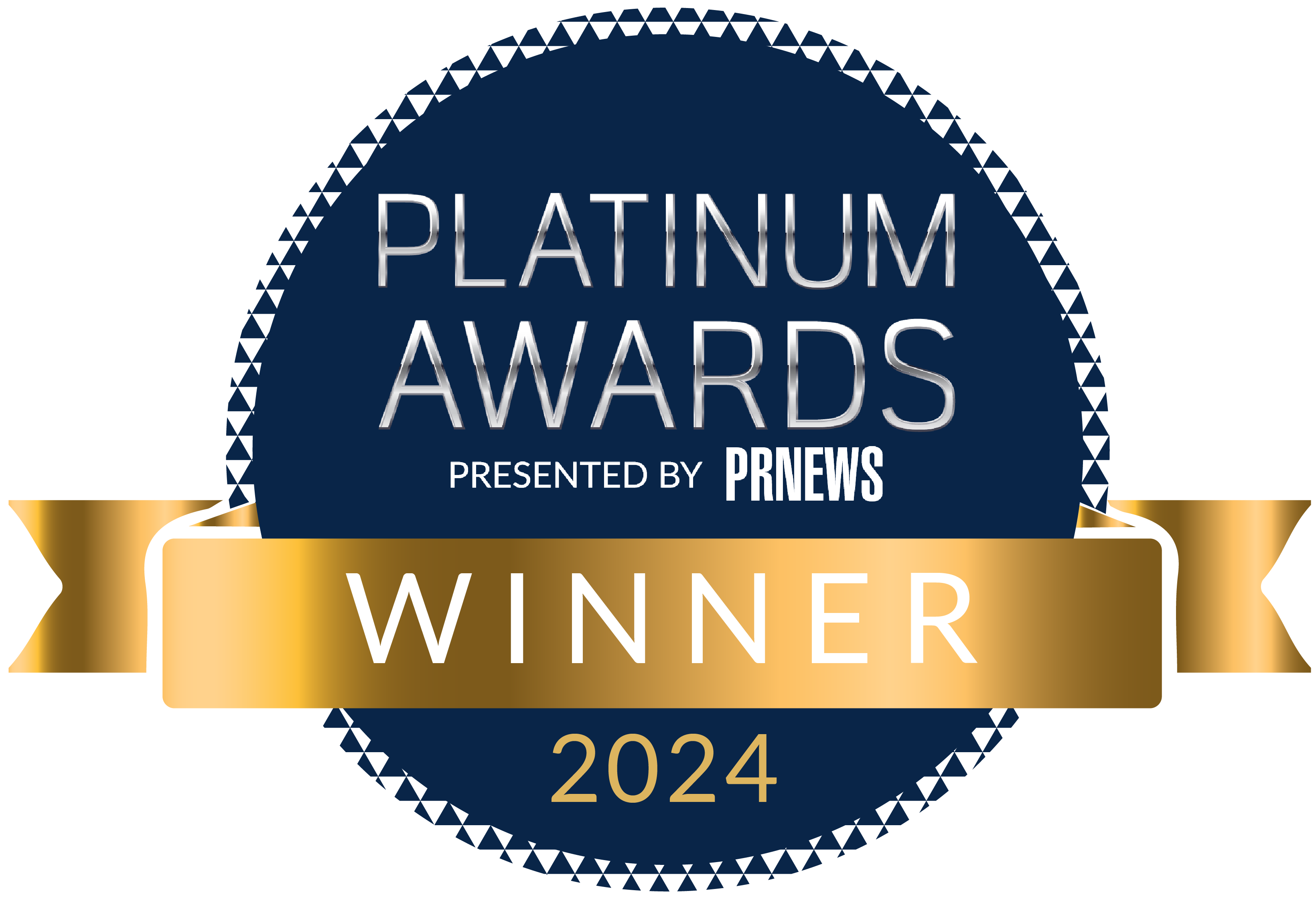Post-graduation can be an extremely stressful and confusing time. Family and friends constantly asking what your plans are can make you feel overwhelmed to meet expectations. You watch some get jobs with multi-level marketing schemes, others land jobs of their dreams, some travel cross-country for employment, and still others struggle to find work. Student to full-time transitions require patience, focus, and an open mind.
This was especially the case for students graduating during the COVID-19 pandemic. Limited entry-level opportunities were available and it was a struggle to find work. In addition, the office dynamic has changed and a lot of employers have transitioned over to remote work, which is said to be the new normal. This leaves limited opportunities for students and graduates to gain hands-on, in-person office experiences.
Remote internships are now often necessary experiences to prepare for full-time positions, and my remote internship at FischTank was the perfect opportunity to learn more about the PR industry and prepare me for what it would be like in a full-time position. From this, I have a few lessons learned that will prepare other professionals making the student to full-time transition:
- Ask Questions – Have the confidence to ask questions so you can put your best foot forward to complete a new task or project to the best of your ability. Ask your managers and co-workers for feedback as well. This will help you grow as a professional. Take note of the work your colleagues are doing, to use as an example or reference for your future work.
- Have Patience with Yourself – Scrolling through social media can be very discouraging for young graduates, as you see others land their “dream jobs” while you continue to search. This is the time when you are discovering who and where you are and what you want. The most important thing is to be aware of what is driving you and use this to set up personal goals for yourself that aren’t based on social pressures. Don’t be discouraged by not instantly excelling. Take your job one day at a time.
One of the biggest problems with our generation is how much we expect off the bat. You need to earn your place, develop your skills, and regularly be checking in with your managers or senior staff on your overall progress. Be an advocate for yourself along the way. If your workload is too much, reach out to your senior staff or directly to your boss. Sometimes it’s going to be hard but don’t give up and continue to push yourself.
- Get into a Routine – It’s a lot easier to start a bad routine than a healthy one. Don’t continue your college oversleeping habits and unhealthy eating routines. Start adjusting your sleep schedule as soon as you can. Getting a full night’s rest will make the day run a lot smoother. It’s crucial to create a healthy routine. Get up earlier than your start time and do something for your mental health: morning yoga, taking yourself or your pet for a walk, or run, journaling, listening to music, or a podcast. These will be different for everyone, the point being is to continue your hobbies and find new ones. Work is a part of your life, but it should never be your whole life. Avoiding potential burnout is critical.
- Stay Organized – When it comes to planning out your work routine, use a calendar to schedule your day. Learn your daily tasks and routine and find the best way to manage your time. One trick I learned that provides a visual is color coding each task down by how long each should take, this helps me stay on track. If you are working from home this means managing your time wisely, being on top of your responsibilities, and finding a way that works for you to succeed. Check-in with your manager to understand what is a priority vs. what tasks or projects are long-term.
- Continue to Learn – If you notice you have too much free time, reach out and offer to help with different responsibilities. This is your chance to demonstrate your proactive mindset and take on new tasks that prove what you are capable of. It is important to take initiative in your own role too, so look at every opportunity to expand your knowledge, and be open to others’ advice. New opportunities may be found by attending professional development workshops/seminars, participating/enrolling in online courses, speaking as a guest speaker for your university, etc. Depending on what you are looking for, there are many free courses available through programs like LinkedIn Learning and Muck Rack.
The transition from being a full-time student to full-time employee can be overwhelming, but it doesn’t have to be. Handle what is in your control and do everything to prepare yourself before you graduate and begin your career. Constructive feedback, and yes that often means criticism, is essential for your career. Don’t sweat the small stuff. Look up to your senior staff for advice, build strong relationships, and take it a day at a time. Don’t be intimidated to ask for help. Be patient with yourself, learn your role, find a routine that works for you, stay organized, and follow these tips to make an easier transition.
Looking to make a student to full-time employee transition? FischTank PR is hiring for its 2022 Summer Intern class! Please reach out to [email protected] to learn more.




